Open Memory Box
A box, filled with memories
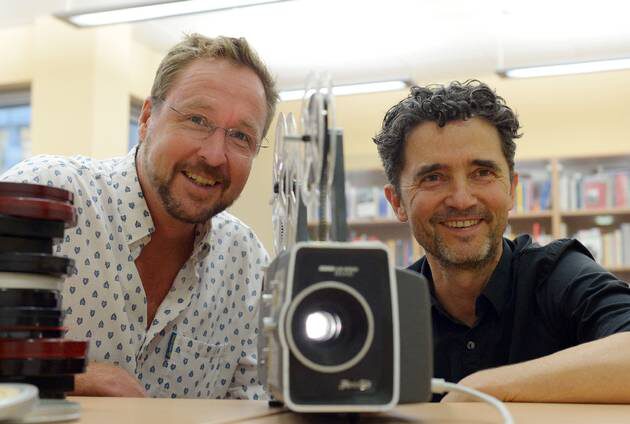
For many years, surprisingly little was known about everyday life in the socialist East of pre-1989 divided Germany. The turbulence of reunification overshadowed the human side of this historic event. Thus, until a few years ago, only extremely few private multimedia documents from the time behind the "Iron Curtain" became known. Narratives sometimes told of great solidarity, sometimes of economic scarcity.
A project called Open Memory Box is now trying to fill these gaps. This "open memory box" contains a collection of home movies from the eastern part of Germany from the 1940s to the 1990s. More than 400 hours of film, organized by keywords, submitters, time period and other content criteria on the project's freely accessible website, make up the most comprehensive collection of private film documents from the GDR to date.
On the occasion of the window projections at the Goethe-Institut, we spoke with Open Memory Box co-founder Laurence McFalls, a professor at the Canadian Centre for German and European Studies and the Department of Political Science at the Université de Montréal.
doomsaying or whitewashing
Laurence McFalls, how did the Open Memory Box come about?Laurence McFalls: The idea for the Open Memory Box dates back to 2012, when I met Argentine-Swedish filmmaker Alberto Herskovits through a private contact. We got to talking about the problem of the flattening of East German memory culture and the loss of East German identity, especially in Berlin. We discovered that both of us, independently of each other, had already been asking people in the new federal states since the 1990s about their lives in the GDR and their experience of the 'Wende'. In the West, people really only knew what was in the newspapers, and that was usually either doom and gloom or whitewashing, Good-Bye Lenin or The Lives of Others, and this media colonization also seemed to have a strong effect on East German memory culture. The gray areas within which the interesting takes place were not part of this coverage. We were concerned with the question of how to bring this culture of remembrance back to life. Private recordings without big production lend themselves very well to this. Similar to Annie Ernaux's film Les Années Super 8, this very material also conveys a sense of time that turns the banality of life into an impressive contemporary document.
How did you get these films then?
We then held a press conference on July 8, 2014, organized by the Federal Foundation for the Reappraisal of the SED Dictatorship, in which we called for the submission of private film material, however banal it might be. With great success: within a few hours we had already been offered vast amounts of material, and the first packages arrived at our offices in Prenzlauer Berg after only 24 hours. Within a few days we had such a huge amount that we told the media to report that enough was enough. And we made a conscious decision to do that - archives, when they strive for completeness, are problematic because they want to have everything, control everything, and thus become totalitarian. They act as if they can organize everything. But in reality, archives are really just a hodgepodge. That they try to present as if it were organized.
Do you know where this huge interest came from to participate and submit so many films so quickly?
It must have been a slow news day in Germany - our call was broadcast on all channels. So a lot of people knew about it, and we offered to digitize the material and send it back as a DVD. Of the 150 families who ultimately submitted the material, half were probably more interested in digitizing it. That's understandable. The other half was more interested in the project and its contribution to history.
An archive is totalitarian
What happened next with the archive?After the digitization, which took two years to complete, we had a total of 2,280 so-called rolls in the collection. The collection is initially organized in boxes, which is the totality of the material submitted by the family. In the boxes are the reels, that is, the physical tapes, which then in turn contain stories, stories that we assemble as short films based on interviews with the submitters. We then tagged all the reels with keywords and presented them that way on the website. Before we brought the digital material, on 100 hard drives to the Federal Archive, we had still produced individual images of everything, about 20 million have become. In this way, we can ensure that the material is not lost, as is unfortunately the case with digital formats.
In addition to the archive, there is an anti-archive. What is that?
The anti-archive feeds off the same material, but they are each exactly 50 frames long, 2-second excerpts on a specific topic, such as Alexanderplatz, the only relatively concrete topic, or a movement like turning or even a feeling like fear. It was all painstakingly done by Alberto and me. As I said earlier, an archive is totalitarian, everything is pre-chewed, so to speak. The categories are simply imposed. If you don't know what you want or what you're looking for, it's not fun. So we tried to invent more playful categories. Jaques Derrida spoke of an 'anarchive' in Mal d'archive. But that was too intellectual for us, so we just called it anti-archive, although it's really the same idea.
"Shooting", "security" or "marching"
How did you come up with the terms for the anti-archive?In addition to the obvious terms like colors or places, we also looked for themes that have meaning in a historical context, and then implemented them ironically. One example is freedom. This contribution is not only appealing in the context of the GDR, but it contains all kinds of interpretations of the concept of freedom. "Shooting", "security" or "marching" are other examples. Now you can jump from the anti-archive directly into the corresponding role to learn more about that particular family or person. However, we are not giving an instruction manual, the page is meant to be a journey of discovery.
A particularly exciting part of the Memory Box is the "Geschichten" (stories)
We included, when we returned the digitized films to the senders, a form asking for a few explanations about the context of the films. With questions about the details in the videos - what exactly is being shown, how the characters are connected, where is it. About half of the people filled out the form, so we already knew who might be able to tell us more about the films. From that, we came up with the idea of stories - articles created from the material, with comments from the people. In the run-up, we reduced some of the material, went to the people who submitted it and then watched it with them and recorded the comments. Sometimes they tell different things than you can see. The interesting thing is that the pictures show almost only happy situations, because people don't film disasters and sad situations. But in the comments you can often hear deeper things.
The privations, we didn't feel that way
(from Box 16 "Sounds Jewish," Rosenbaum family)
I just remembered one of the last films released, Klingt Jüdisch (Sounds Jewish), in which the woman you see dancing with her sister at the very beginning narrates. She's about 85 years old now, and she tells a very powerful story about coming out of the war. Another example of the banality of life that has become a valuable and exciting document of the times.
When you talk about 150 families, that's a relatively small sample. What kind of people were they? Were there certain demographic overlaps?
Photography is a lower-middle-class art, just like filming. There are already a lot of middle-class people, including a relatively large number of doctors. But it's not like it was exclusively educated classes or people loyal to the party who participated. The production was very expensive at that time, maybe 8 Marks, with a monthly salary of 200 to 300 Marks, but with a rent of 20 Marks there was still something left over, people had money and they also had free time. So whoever wanted to could afford such a hobby. One of the most beautiful stories is about a man who was actually only trained as a driver, but had a great talent for filming and delivered quite fascinating pictures. He could really shoot and had a good eye for it.
The
Open Memory Box
in numbers
- Beginning of the collection in 2014
- Time span of the videos: 1942-1991
- 415 hours total length
- 149 families, 102 locations (GDR & "socialist territories")
Laurence McFalls
Laurence McFalls (Ph.D.) is Professor of Political Science and Director of the Canadian Centre for German and European Studies (CCGES) at the Université de Montréal. His research interests include political and social theories, Max Weber, military-humanitarian intervention, political culture, epistomology and methodology in the social sciences, and Western and Central Eastern Europe. He is the spokesperson of the international research training group "IRTG Diversity".More : https://irtg-diversity.com/media/pdf/cv_laurence_mc_falls.pdf
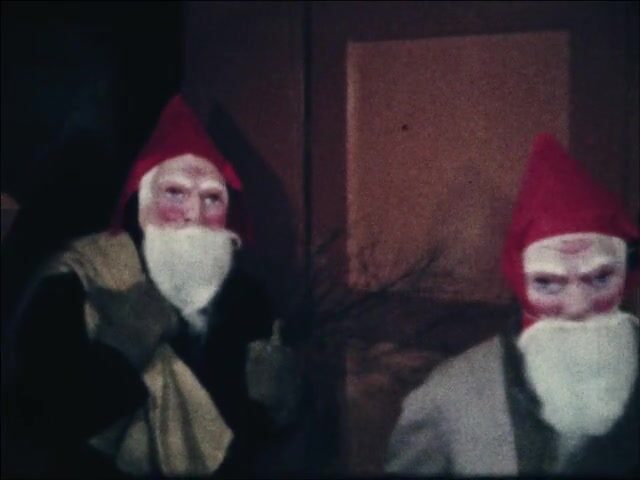
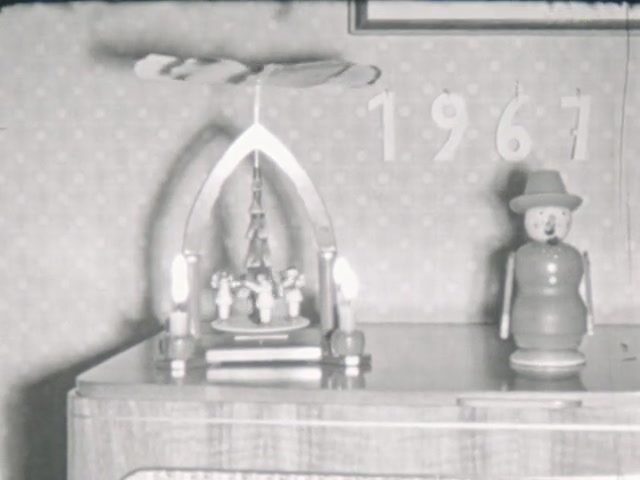
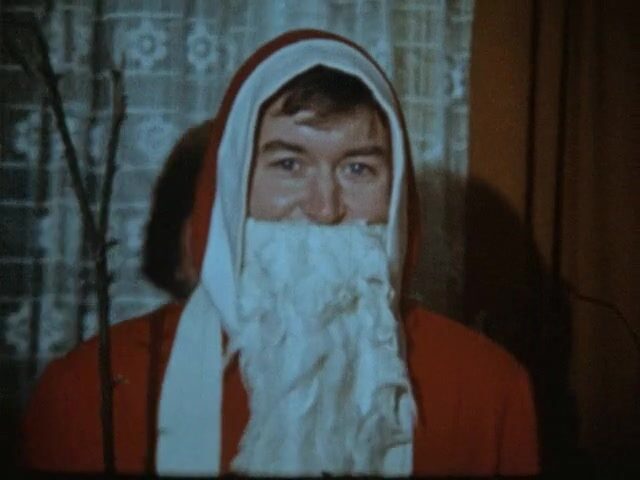
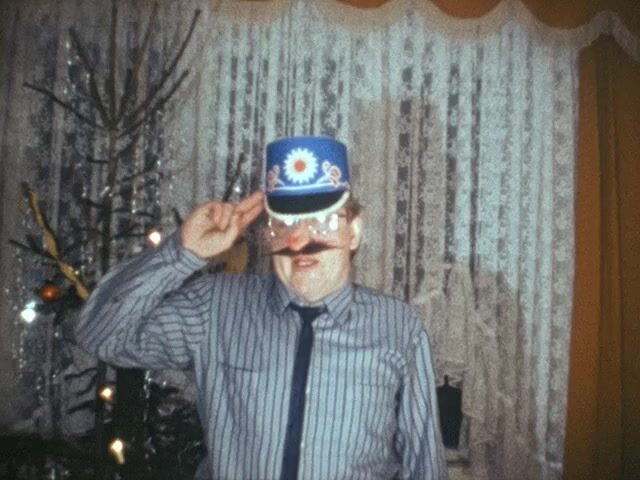

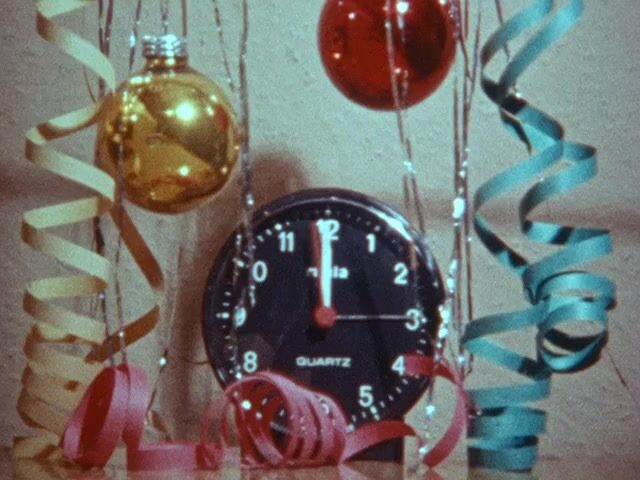
Comments
Comment